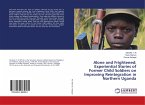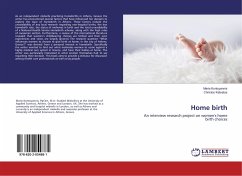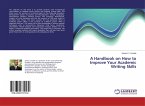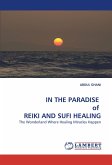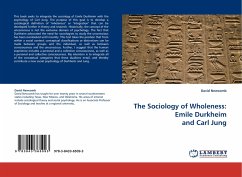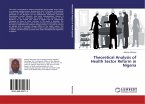Under global conditions that threaten the viability of rural economies and the farm sector, Italian national legislation supports both through agritourism, a sustainable development strategy that aims to balance rural economic growth with natural and cultural resource conservation. This book compares the local applications of the ideals of sustainability embedded in the legislation on agritourism in two sites of Southern Tuscany: an inland area that has been strongly affected by rural outmigration, and a coastal mass tourism site that has experienced a significant population increase. The analysis shows that there is a significant variation in farmers interpretations of sustainable development. Factors mediating their differing views include preexisting historic, ecological, and socioeconomic conditions as well as their differing perceptions of the notions of development and conservation. In addition to raising the need for integrating agritourism with other livelihood strategiesthat reflect alternative views and values, this study emphasizes the role of social science research in identifying sustainable solutions to economic and environmental problems.
Bitte wählen Sie Ihr Anliegen aus.
Rechnungen
Retourenschein anfordern
Bestellstatus
Storno


